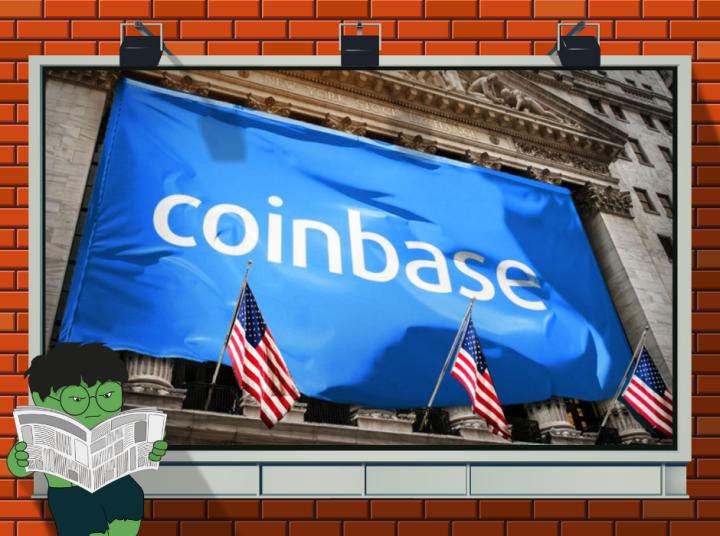Chainfeeds Introduction:
Previously, Loi Luu proposed that L2 took away Ethereum's transaction volume but did not pay enough fees. He asked whether L2 could pay a fixed percentage of gas fees as tax like L3. Vitalik responded that it would be difficult for Ethereum to make changes at the protocol level to force L2 to pay taxes for every fee, and shared his insights.
Source:
https://x.com/jason_chen998/status/1835006957696303281
Article author:
Jason Chen
Viewpoint:
Jason Chen: Vitalik's reply is that at present, L1 cannot accurately measure the fees executed on L2 at the protocol level. Similarly, L2 such as Arbtrium cannot accurately measure the fees of its L3. Patrick McCorry of Arbtrium also said that the smart contracts of some protocols can realize automatic charging, but not all of them can do so. The so-called 10% tax is just a gentleman's agreement, and L3 still has to keep its promise. Therefore, Vitalik thinks that it is too difficult for Ethereum to make changes at the protocol level and force L2 to pay taxes for every fee. He thinks that a neutral proof aggregation layer across all Layer2s can be made, and this layer is responsible for all L2 remittances to L1. If this proposal is established, Ethereum will charge L2s a considerable transaction tax in addition to the original DA security fee, which is at least a strong boost to Ethereum's economic model. In addition, Vitalik mentioned an interesting asset price game model-the Harberger tax. The Harberger tax is a free market game model proposed by Arnold Harberger, an economist in the last century. It hopes to maximize tax revenue while improving asset liquidity by levying taxes based on the autonomous quotations of asset owners. The Harberger tax is bound to be unworkable in the real world, but there will be no problem in the blockchain. It is just a job automatically executed by a smart contract. Orb land is a typical case. You can buy the expert's time on it. Each time is an NFT. When buying, you must set a selling price, and the system will collect taxes according to the price. Vitalik has also been urging ENS to upgrade to the Harberger tax. If the RWA vision of real estate on the chain is realized in the future, the Harberger tax is still expected to be fully implemented.
Content Sources







